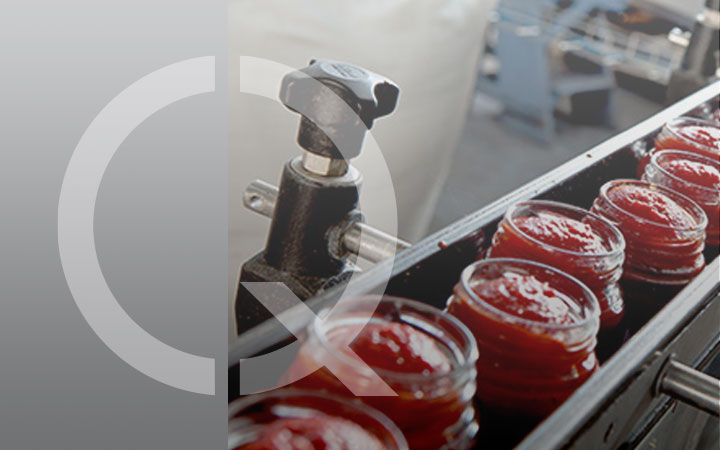
WHAT IS THAT
The IFS Standard (International Food Standard) has the purpose of favoring the effective selection of branded food suppliers of the GDO , on the basis of their ability to supply safe products, compliant with contractual specifications and legal requirements.It is a recognized model both in Europe and in the rest of the world.

It is one of the food safety standards recognized by the Global Food Safety Initiative (GFSI) , an international initiative whose main purpose is to strengthen and promote food safety along the entire supply chain.
The GFSI , Global Food Safety Initiative, has managed to get some international retailers (including Carrefour, Tesco, Metro, Migros, etc.) to accept the concept of equal validity and interchangeability between the standards recognized by the GFSI itself, thus allowing to reduce the duplication of attestations of conformity with completely similar standards.
CSQA is Accredia accredited for IFS FOOD Certification.

KEY POINTS
The IFS Food standard is the result of the cooperation of:
- HDE and FCD , respectively representatives of German and French retailers,
- Federdistribuzione, the body that organizes and represents the Italian large-scale retail trade ,
- ANCC (National Association of Consumer Cooperatives )
- ANCD (National Association of Cooperatives among Retailers ).
The standard identifies the specific elements of a management system focused on the quality and hygienic-sanitary safety of products, which takes the HACCP methodology as a reference for planning and implementation.
The main elements are:
- adoption of good reference practices
- adoption of a HACCP system
- adoption of a documented quality management system
- control of standards for work environments , for the product , for the process and for the personnel
- existence of appropriate specifications for:
- raw materials (including packaging materials),
- final product,
- intermediate/semi-finished products (where required),
- supplier monitoring,
- site positioning,
- the accumulation, collection and disposal of waste material,
- standards of hygiene and organization for staff,
- process control.
ADVANTAGES
- The reduction of second party inspections , i.e. those carried out on behalf of customers on the supplier company, with a reduction in costs to be incurred, both direct (expenses relating to inspections) and indirect (inevitable slowdowns in production activity coinciding with the numerous second party inspections).
- The possible synergies between the various schemes allow for a reduction in the time and costs required for the various inspections. In fact, having a single point of contact for all company certifications allows the optimization of possible synergies between these standards and ISO 9001 (Quality Management System) or UNI 10854 (Hygiene Self-Control System); therefore the intervention of the certification body can be concentrated in a single check , avoiding having to check several times the aspects common to the various schemes, with evident savings in time, energy and costs.
- The international recognition of the Standard which allows us to respond to requests from customers from all over Europe.
- The risk-based IFS approach allows for individual risk assessments and creates a focus on areas that are important to each company's unique processes.
- The system drives continuous improvement: The IFS Scoring System indicates how an assessed company can further improve its performance by helping to reach the next level in product safety and quality management.
- Non-prescriptive approach enables tailored solutions: Enables companies to determine the hazard control methods that are best suited to their specific conditions.
- Requirements Reduce Operational Costs and Increase Efficiency: By implementing IFS requirements, companies improve their processes by reducing waste and costs related to
recalls, complaints, or rejected products and reworks. - IFS certification increases sales: Certified companies retain existing customers and acquire new ones with IFS. They demonstrate that they meet customer expectations regarding product safety and quality and that they are a reliable business partner.